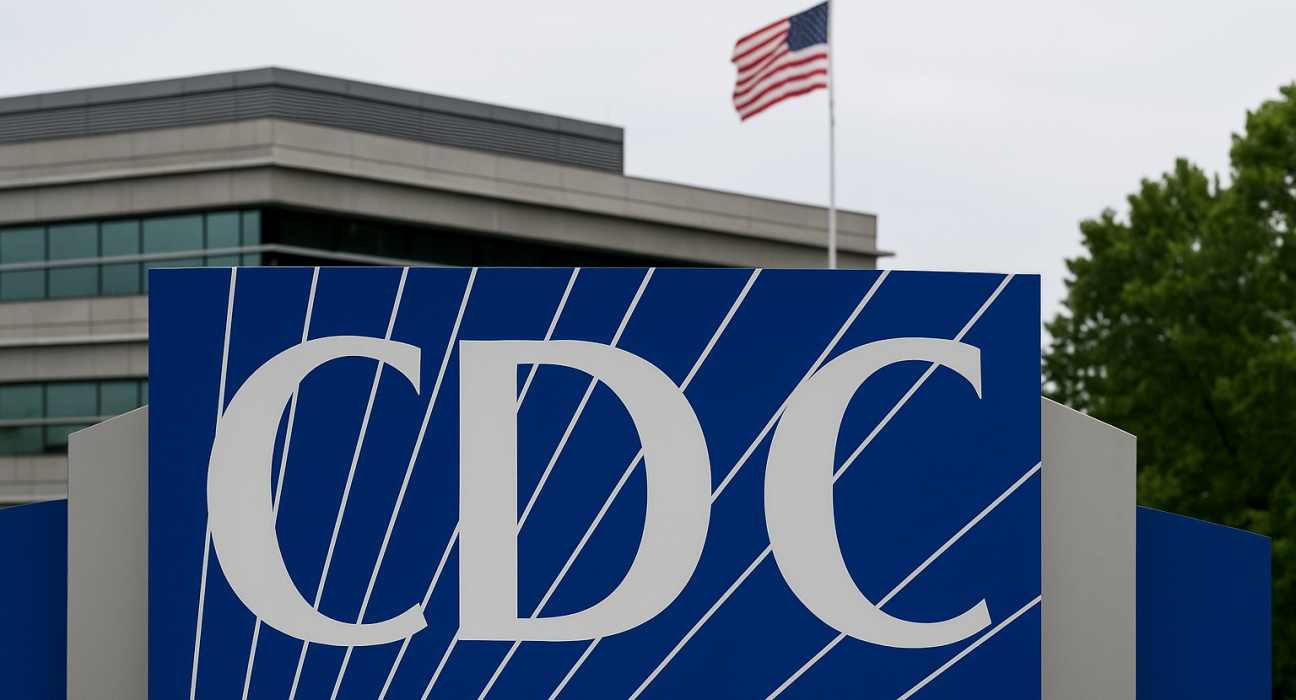Summary of Events
- On August 27, 2025, the Trump administration abruptly ousted Susan Monarez, who had been confirmed as CDC director just weeks earlier. The Department of Health and Human Services (HHS) issued a terse statement saying she “is no longer director,” offering no explanation. Monarez’s legal team countered that she never resigned, received no formal dismissal, and is contesting the administration’s authority to remove her. X (formerly Twitter)
- The conflict reportedly centered on vaccine policy disagreements. Monarez resisted directives from Health Secretary Robert F. Kennedy Jr., including demands to limit COVID-19 vaccine eligibility, fire career CDC leaders, and dismantle the agency’s vaccination advisory panel—all moves critics argue lacked scientific grounding. The Daily Beast
Ripple Effect: Mass Resignations
- In response to Monarez’s removal, a wave of senior CDC leaders resigned in protest—including:
- Dr. Demetre Daskalakis, head of Immunization and Respiratory Diseases
- Dr. Debra Houry, Chief Medical Officer
- Dr. Daniel Jernigan, head of Emerging and Zoonotic Infectious Diseases
- Dr. Jennifer Layden, overseeing Public Health Data, Surveillance, and Technology X (formerly Twitter)
- These officials cited the “weaponization of public health” and criticized political interference that undermines CDC’s mission and credibility. STAT
Legal and Institutional Implications
- Monarez’s lawyers have cast the situation as a case of political targeting, asserting that only the president—not HHS or staff—has the authority to formally remove a Senate-confirmed CDC director. X (formerly Twitter)
- Media and public health experts warn this may exacerbate institutional chaos, hinder CDC operations, and erode public trust—especially amid an ongoing public health landscape marked by the restructured vaccine approval process. The Guardian
Key Points
- Unprecedented turnover: Susan Monarez became the shortest-serving CDC director in agency history.
- Core dispute: Clashes revolved around vaccine eligibility policies and political influence.
- Institutional fallout: Mass resignations highlight deep dissent within scientific leadership.
- Trust at risk: Experts warn of declining confidence in public health institutions amid politicization.
Future Projections
| Category | Potential Outlook |
|---|---|
| Legal Scrutiny | A court may need to arbitrate the legitimacy of Monarez’s dismissal. |
| Public Health Stability | Widespread leadership changes risk disrupting agency response capacity. |
| Restoring Confidence | Political pressure may necessitate reforms to protect CDC scientific neutrality. |
| Policy Repercussions | Resulting leadership turmoil may derail vaccine initiatives and pandemic readiness. |
Neutral Reflection
The forced removal of CDC Director Susan Monarez, swiftly followed by the resignation of key leadership, signals a sharp escalation of political influence over what is traditionally viewed as a science-driven agency. Regardless of partisanship, the event raises fundamental questions about the proper balance between health policy leadership and political authority—questions with real-world consequences for public health preparedness and institutional trust.
Would you like additional context on the CDC’s role in vaccine policy, a timeline of the resignations, or a comparison with historical changes in agency leadership?
